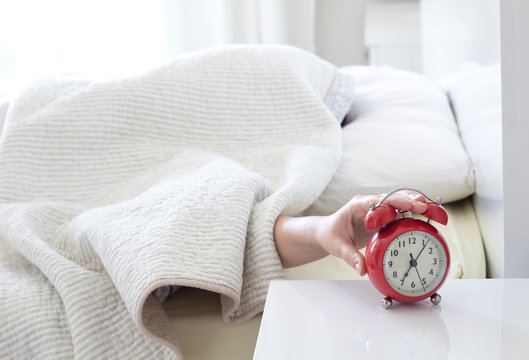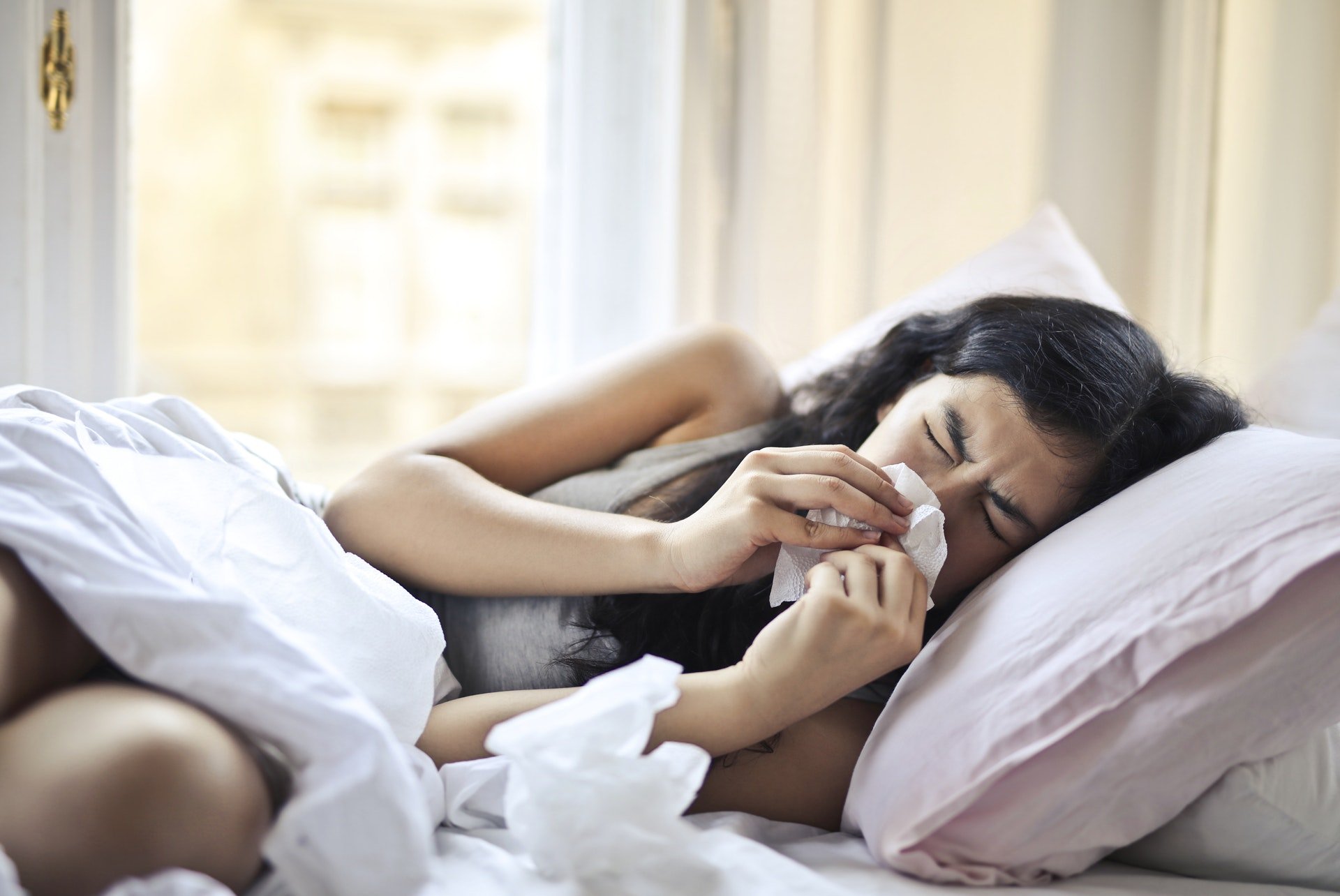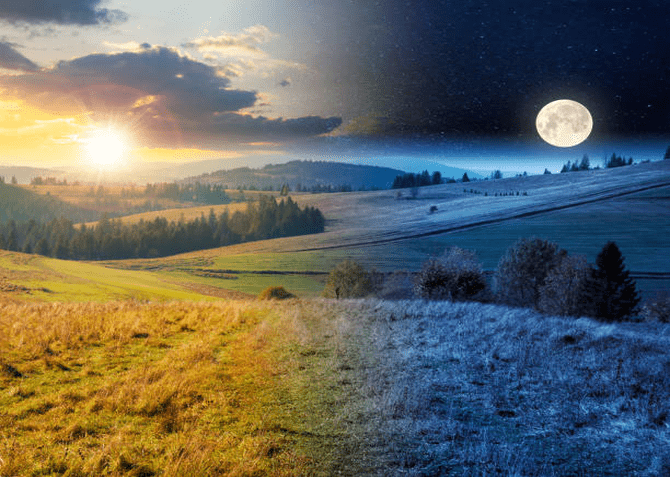
How To Sleep Well at Daylight Saving Time
Antiquated inconvenience or practical necessity?
Whatever your feelings toward daylight saving time (DST), it’s a fascinating concept that – implausibly – links Coldplay’s Chris Martin, Benjamin Franklin, and King Edward VII.
Really. But more on that later.
Heralding both the beginning and end of British summertime, daylight saving time can greatly affect the quality and quantity of sleep we get as the clocks are changed.
And, with the summer on the horizon, we thought we’d share some practical tips for getting a restful night’s sleep at daylight saving time.
What is Daylight Saving Time?
Intended to allow us to squeeze every drop of sunlight, daylight saving time is the practice of setting clocks one hour forward in summer months and one hour back in winter. Ideally, this means that we can get the most out of daylight hours - whether work or leisure.
Always occurring at 1am on the last Sunday in March, daylight saving time is observed across the EU, which states that all members must adjust their clocks at the same time.
Except Iceland, who’s proximity to the north pole means they adjust theirs at 2am on the last Sunday of October.
Who Invented Daylight Saving Time?
Technically, several people can lay claim to being the forefather of daylight saving time.
Firstly – and we’re not making this up – is William Willet. Or, as he’s known to Coldplay’s Chris Martin, great-great-grandad. Willet’s 1907 pamphlet ‘The Waste of Daylight’ suggested what we know as ‘spring forward, fall back’.
Other claimants to the inventor’s title include US founding father Benjamin Franklin - who saw it as a cunning way to save on candles – and Kind Edward VII who literally invented his own time zone on Sandringham’s royal estate to buy himself more hunting time.
Kings, eh?
Daylight Saving Time and Sleep: Our Tips
If your sleep cycle is thrown off-kilter by daylight saving time, you might consider:
Turn Screens Off Earlier
Our sleep cycles are dictated by our Circadian clock. Think of it as our brain’s built-in supercomputer for sleep.
But it’s a highly sensitive supercomputer; and the lighter the environment, the harder it is to sleep.
The blue light emitted by smartphones and tablets mimics daylight, tricking our brains into suppressing melatonin - a hormone essential for sleep.
As such, experts recommend prying yourself away from any source of blue light at least half-an-hour before lights out.
Exercise
Tired bodies sleep. It’s really that simple.
As the day progresses, we build up what’s known as the ‘pressure to sleep’, which increases both the more active we are, and the longer we stay awake.
So, if you’re looking to outwit daylight saving time and get a high-quality forty winks, consider using the extended daylight for a post-work jog.
Powernaps
If you’re an avid-power napper, but find yourself feeling guilty after a sneaky snooze, you needn’t.
A strategically timed siesta can energise the body, meaning you’ll find it easier to stick to a regular sleep schedule.
The trick? Don’t doze too long.
For example, a 10 – 20-minute nap in the afternoon sun will leave you feeling energised and relaxed, whereas as an hour of shuteye after sunset will confuse your brain and affect your sleep at night.
Monitor Your Caffeine Intake
Sorry, coffee-lovers. But you need to hear this.
Caffeine is a powerful stimulant that works by preventing the release of Adenosine; a naturally occurring substance that makes you drowsy.
And so, the greater the amount of caffeine you imbibe during the day, the lesser the likelihood of quality sleep at night.
But you needn’t abstain completely. Studies have shown that the key is to avoid caffeine in the 6 hours before bedtime.
And this counts double around daylight saving time, as you brain adjusts to the new timing.
When You Do Sleep, Sleep Well
There’s no substitute for consistent, restful sleep.
Refreshing and restorative, it’s literally the best thing you can do for your body.
But not all sleep is equal. And there’re a number of factors that can negatively affect your slumber.
Whether overlong naps, sedentary lifestyles or daylight saving time, what you do has an enormous impact on how well you sleep.
So, whether it’s limiting your caffeine intake, getting more active, or simply buying the very best mattress you can afford, start your summer with a commitment to quality sleep.








Leave a Reply